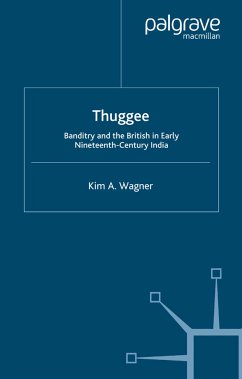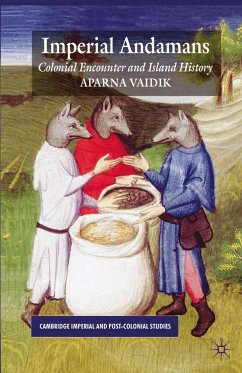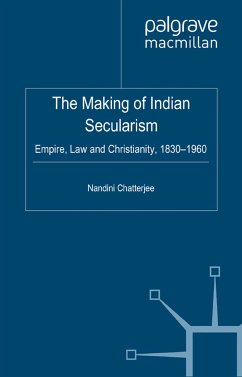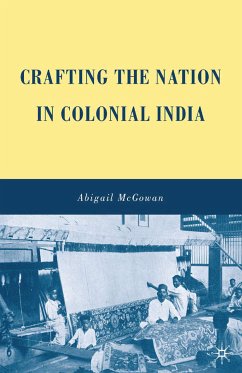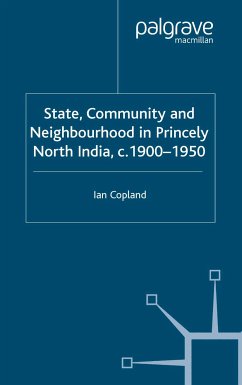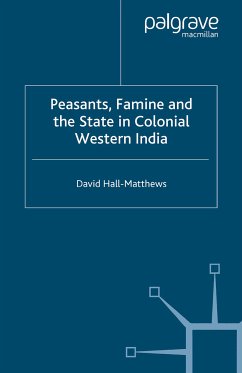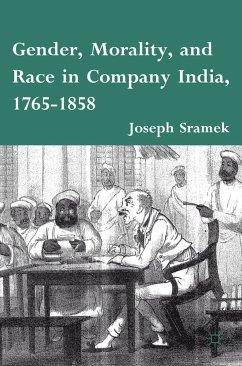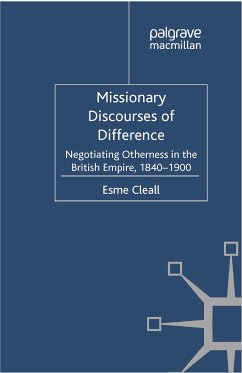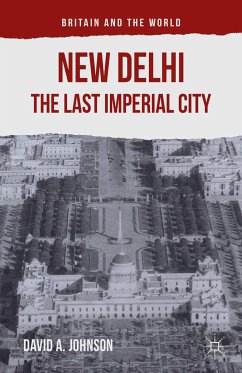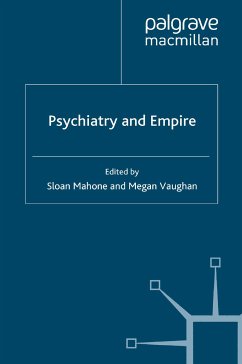Shortlisted for the 2008 History Today-Longman Book of the Year Award. See the History Today website for more information:
http://www.historytoday.com/Faq.aspx?m=408&amid=408
'This is a monograph by a young scholar which takes a notoriously difficult problem in 19th century colonial history the rumoured religious cult of Thuggee whereby travellers in a remote region of Uttar Pradesh, were randomly strangled and thrown down wells - and, with persistence and intelligence, dissects it, showing how much Thuggee really existed, and how much was a myth invented by the Englishmen who set out to extirpate it. Wagner convincingly answers this old problem, and succeeds against the odds in making his text readable and not getting
bogged down in theory.'
- Committee of the 2008 History Today-Longman Book of the Year Award
'Thuggee, the supposed ritual murder of travellers on India's roads in the early-nineteenth century, has been a source of contention ever since among colonial officials, nationalists and postcolonial theorists. Kim Wagner has finally cracked the problem, providing the most detailed and convincing analysis yet of its origin and nature.'
- C A Bayly, St Catharine's College, University of Cambridge, UK
'Reading colonial sources against the grain..Thuggee successfully demystifies a much misunderstood phenomenon.'
- David Hall-Matthews, Times Literary Supplement
'This excellent work brings together specific episodes with the general problem of understanding a past world, by writing a micro-history of the circumstances of the murder and disappearance of Lieutenant John Maunsell near Agra, India in 1812...Well-written, this book is also methodologically acute.'
- Jeremy Black, History Today
